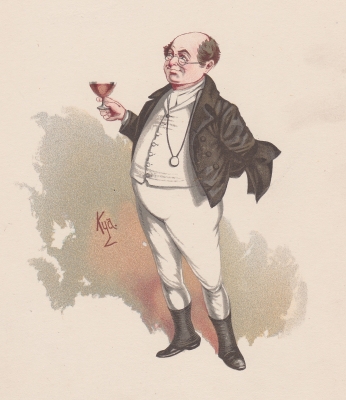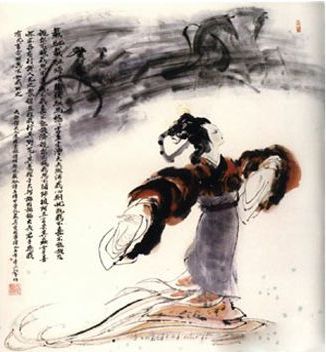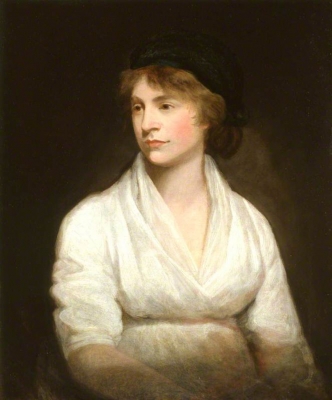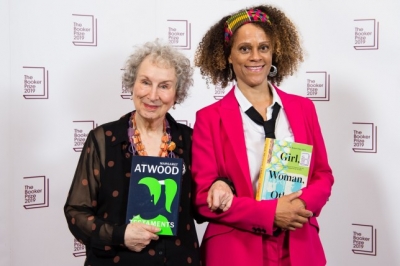
Some fears seem less rational than others. Here is a list of literary phobias that you might find intriguing.
In the realm of writing and literature, where words flow like rivers and imagination dances on the page, there exists a shadowy undercurrent of fears and phobias that grip the hearts and minds of some individuals. While books and the written word have long been celebrated as gateways to knowledge, for a select few, they serve as gateways to a world of dread and irrational anxiety. Step into this labyrinth of ink-stained fears as we explore some literary phobias.
- Bibliophobia is a specific phobia characterised by intense fear or aversion towards books. Individuals who experience bibliophobia may feel significant anxiety, panic, or discomfort when they are near books or even when the idea of reading is brought up.
The underlying causes of bibliophobia can vary from person to person. It may stem from a negative experience related to books, such as being overwhelmed or intimidated by the content, struggling with reading difficulties, or associating books with traumatic events.
- Logophobia is a term used to describe the fear or aversion to words. This fear can make it difficult for individuals to read books, write essays, or even have conversations.
- Scriptophobia is an extreme fear of writing in public. It can make everyday writing situations such as taking notes during a lecture or participating in group activities that involve writing, extremely challenging and distressing. The fear of making mistakes or being embarrassed in front of others becomes so overwhelming that it may cause one to avoid these situations altogether. It can hold one back from expressing their thoughts and ideas freely in public, hindering their academic and social growth.1`
- Metrophobia is the fear of poetry. Individuals with metrophobia experience anxiety, discomfort, or fear specifically related to poetry or poetic expressions. It may manifest as a fear of reading, reciting, or engaging with poetry in any form.
- Papyrophobia is an irrational fear of paper. Individuals who experience this phobia may feel intense anxiety or fear even when thinking about paper. They are often extremely anxious about touching paper, writing on it, or even the possibility of getting a paper cut. It is important to note that papyrophobia is relatively uncommon, with only a small number of people in the world have it.
- Abibliophobia is a word that represents the fear or anxiety someone can feel when they do not have a book to read or when they cannot access reading materials.
People with abibliophobia have a strong emotional connection to books and reading. Books may provide them with an escape, knowledge, or a sense of companionship. When they do not have a book, they might feel lost or disconnected, which leads to a fear of being without the comfort and stimulation that reading provides.
It is important to understand that the intensity of abibliophobia can vary from person to person. For some, it might be a mild uneasiness, while for others, it can be a stronger fear that affects their daily lives. They might constantly search for books, feel anxious when they do not have one, or avoid situations where books are not available.
- Hippopotomonstrosesquippedaliophobia, is the fear of long words. The humorous contrast between the fear and the cumbersome word used to label it adds an interesting twist to this particular phobia. It is important to note that it is primarily used for amusement.
Phobias such as “abibliophobia” and “Hippopotomonstrosesquippedaliophobia,” were created with a humorous intent or are not officially recognised. However, it is crucial to acknowledge that there are real and debilitating phobias that can significantly impact individuals who have them.
Remember, it is important not to dismiss or trivialise someone’s fear, regardless of whether it is a recognised phobia or not. Most of these phobias can be addressed through therapy and gradual exposure to the stimuli in a supportive and controlled manner. Offering understanding and support can make a significant difference in helping individuals navigate and overcome their fears, enabling them to lead happier and more fulfilling lives.
Picture Credit : Google





